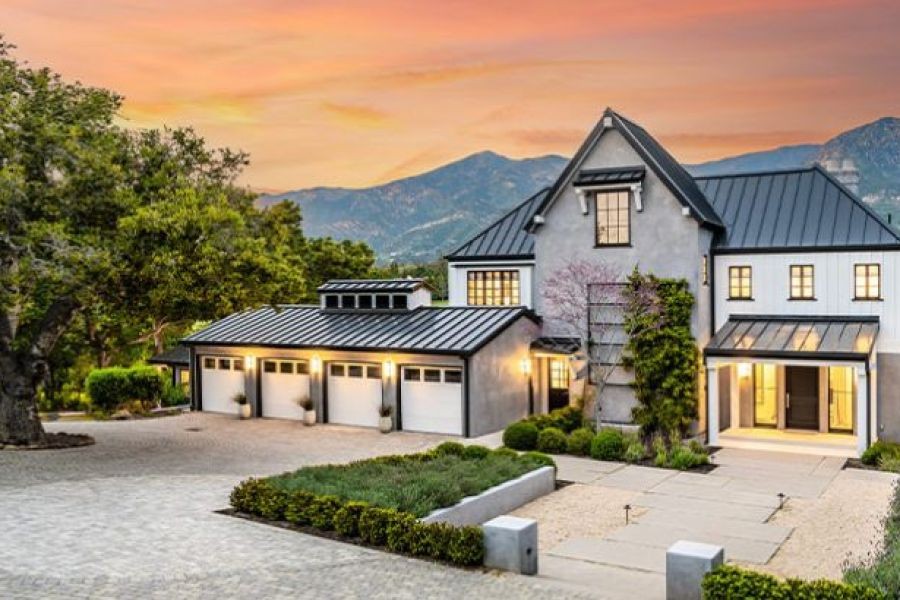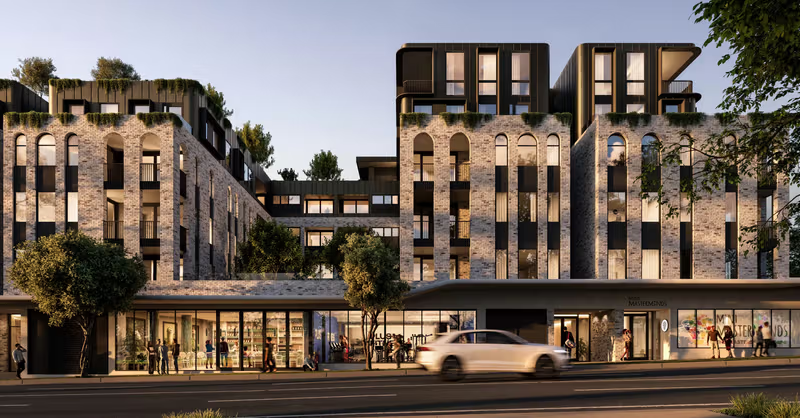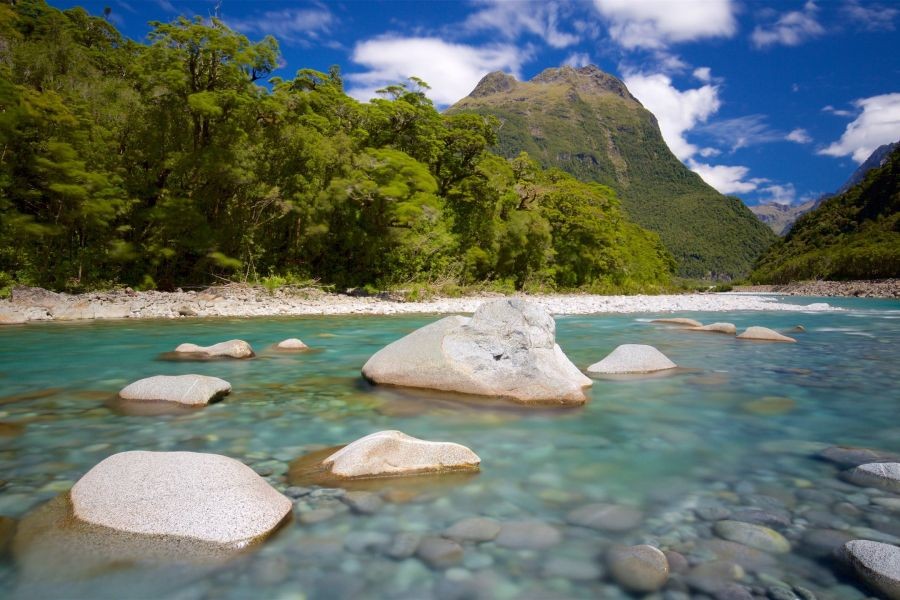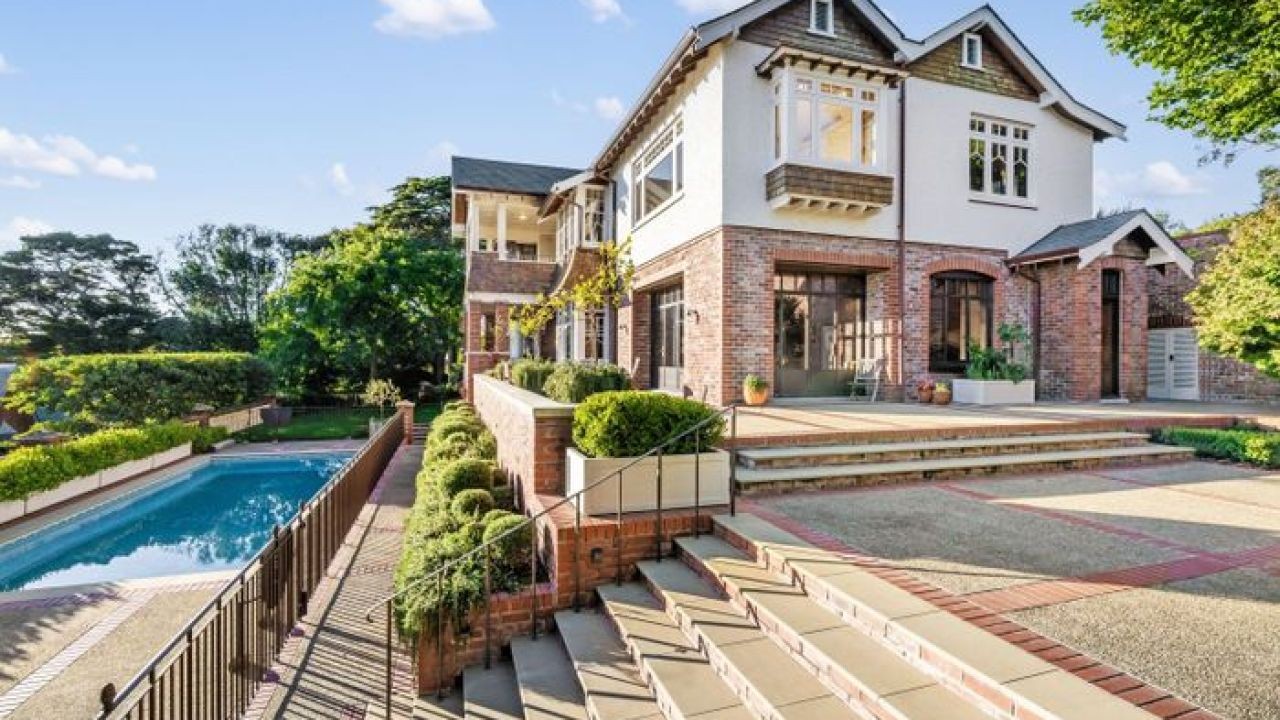In the heart of the Pacific, New Zealand's luxury real estate market is a hidden gem that many investors worldwide overlook. While its pristine landscapes and vibrant cities paint a picturesque backdrop, the market dynamics are far more complex and intriguing than most realize. As the country’s economy continues to thrive, fueled by sectors like technology and agriculture, understanding the nuances of New Zealand's high-end property market is more crucial than ever. Let's delve into five lesser-known aspects of this market, offering insights that could reshape your investment strategies.
1. The Impact of New Zealand’s Booming Tech Industry
New Zealand's tech sector has been growing at an exponential rate, contributing significantly to the country's GDP. According to Stats NZ, the technology sector grew by 10% in 2023, now making up 8% of the GDP. This growth has had a ripple effect on the luxury real estate market, particularly in hubs like Auckland and Wellington. With tech companies attracting global talent, there is an increasing demand for high-end residential properties catering to affluent professionals.
Case in point: a high-profile tech executive from Silicon Valley recently relocated to Wellington, purchasing a luxury apartment in the city center. This move reflects a broader trend where tech professionals are choosing New Zealand not just for its innovation opportunities but for lifestyle enhancements, thereby driving up demand and prices in the luxury market.
2. Government Policies: A Double-Edged Sword
New Zealand's government policies have played a pivotal role in shaping the luxury real estate landscape. The introduction of the Overseas Investment Amendment Act in 2018, which limits foreign buyers from purchasing residential properties, aimed to curb soaring prices and make housing more affordable for locals. However, this regulation has also inadvertently increased the exclusivity and allure of luxury properties, as they become more scarce and thereby more desirable among wealthy individuals who can navigate these restrictions.
Despite these regulations, the luxury market continues to thrive. A report from the Reserve Bank of New Zealand indicates that the high-end property sector has seen a 15% price increase over the past two years. This trend suggests that while policies attempt to regulate the market, the demand for luxurious living spaces remains robust, driven by both local and international interests.
3. The Role of Sustainable Development
Sustainability has become a buzzword across industries, and real estate is no exception. In New Zealand, luxury properties are increasingly incorporating eco-friendly features, from solar panels to rainwater harvesting systems. This shift towards green architecture is not just a trend but a response to the growing demand for sustainable living among high-net-worth individuals.
One notable example is the Te Horo eco-village in the Kapiti Coast, which blends luxury with sustainability. The development offers homes equipped with state-of-the-art energy-efficient systems, catering to environmentally conscious buyers who value luxury living without compromising their ecological footprint. This trend is expected to gain momentum as more buyers prioritize sustainability in their purchasing decisions.
4. The Influence of Cultural and Lifestyle Factors
Cultural richness and lifestyle amenities are key drivers in New Zealand's luxury real estate market. Properties with Maori cultural significance or those located near cultural landmarks often attract premium prices. Moreover, access to lifestyle amenities such as vineyards, golf courses, and private beaches enhances property values.
For instance, a luxury estate in Hawke’s Bay, well-known for its vineyards and wineries, recently sold to a European buyer at a record price. This transaction underscores the appeal of New Zealand’s unique cultural and lifestyle offerings, which continue to captivate international investors seeking more than just a property, but an experience.
5. The Emerging Trend of Digital Nomadism
The rise of remote work has spurred a new class of property buyers: digital nomads. These individuals seek luxurious, comfortable living spaces where they can balance work and leisure. New Zealand's high-speed internet, coupled with its natural beauty, makes it an ideal destination for digital nomads looking for a work-life paradise.
Properties in Queenstown, with breathtaking views and modern amenities, have seen a surge in interest from this demographic. As global work trends continue to evolve, the demand for luxury properties catering to digital nomads is expected to rise, presenting new opportunities for savvy investors.
Case Study: The Rise of Digital Nomads in Queenstown
Queenstown, often dubbed the adventure capital of the world, has witnessed a significant influx of digital nomads. A recent analysis by the New Zealand Institute of Economic Research highlights a 25% increase in luxury property inquiries from remote workers in 2023 alone. This shift is reshaping the local property market, driving demand for high-end apartments and villas that offer both connectivity and scenic beauty.
One digital entrepreneur from London relocated to Queenstown, drawn by the town's vibrant lifestyle and conducive work environment. Investing in a luxury villa overlooking Lake Wakatipu, this move not only boosted local real estate prices but also highlighted Queenstown as a prime location for remote work enthusiasts.
Common Myths and Mistakes in NZ’s Luxury Real Estate
Myth vs. Reality
- Myth: Luxury real estate is only for high-net-worth individuals.
- Reality: While traditionally dominated by wealthy buyers, the market is now accessible to a broader range of investors, thanks to innovative financing options and fractional ownership models.
- Myth: Investing in luxury properties guarantees high returns.
- Reality: While the potential for high returns exists, luxury real estate also carries risks similar to other investments, including market volatility and maintenance costs.
- Myth: All luxury properties in New Zealand are eco-friendly.
- Reality: Although sustainability is a growing trend, not all luxury properties incorporate eco-friendly features. Buyers should verify the sustainability credentials of a property before investing.
Biggest Mistakes to Avoid
- Overlooking Market Research: Many investors fail to conduct thorough market analysis, leading to misinformed decisions. Utilize resources like the NZ Property Investors’ Federation for up-to-date market insights.
- Ignoring Regulatory Changes: Staying abreast of policy updates is crucial. Consult the Ministry of Business, Innovation and Employment (MBIE) for the latest regulations affecting property investments.
- Underestimating Maintenance Costs: Luxury properties often incur high maintenance expenses. Incorporate these costs into your investment strategy to avoid financial strain.
Future Trends & Predictions
Looking ahead, New Zealand's luxury real estate market is poised for significant evolution. By 2028, the integration of smart home technology is expected to be standard in luxury properties, driven by advancements in AI and IoT. According to a report by NZTech, 70% of new luxury developments will feature smart home capabilities, enhancing convenience and efficiency for homeowners.
Additionally, as climate change continues to be a pressing issue, the emphasis on sustainable building practices will intensify. The New Zealand Green Building Council predicts a 50% increase in green-certified luxury properties by 2030, reflecting a broader commitment to environmental stewardship.
Final Takeaways & Call to Action
- New Zealand's luxury real estate market is a dynamic sector influenced by tech growth, sustainable practices, and evolving lifestyle trends.
- Investors should remain informed about regulatory changes and market dynamics to capitalize on opportunities.
- Consider the rising demand from digital nomads as a key trend shaping the future of luxury real estate.
Are you ready to explore the untapped potential of New Zealand's luxury real estate market? Stay informed, stay strategic, and seize the opportunities that await. Share your thoughts or experiences in the comments below!
People Also Ask (FAQ)
- How does the tech industry impact New Zealand's luxury real estate market?New Zealand's tech sector growth attracts global talent, increasing demand for luxury properties in cities like Auckland and Wellington.
- What are the biggest misconceptions about luxury real estate in NZ?A common myth is that luxury real estate is only for the wealthy, but new financing options make it accessible to more investors.
- What are the best strategies for investing in NZ's luxury real estate?Experts recommend market research, understanding regulations, and considering sustainability features before investing.
- Who benefits the most from investing in luxury real estate?Investors seeking high returns, tech professionals relocating, and digital nomads looking for work-life balance benefit greatly.
Related Search Queries
- New Zealand luxury real estate trends
- Impact of tech growth on NZ property market
- Sustainable luxury homes NZ
- NZ real estate investment strategies
- Government policies affecting NZ real estate
- Digital nomads in New Zealand
- Fractional ownership real estate NZ
- Luxury property market analysis
- Smart home technology trends NZ































